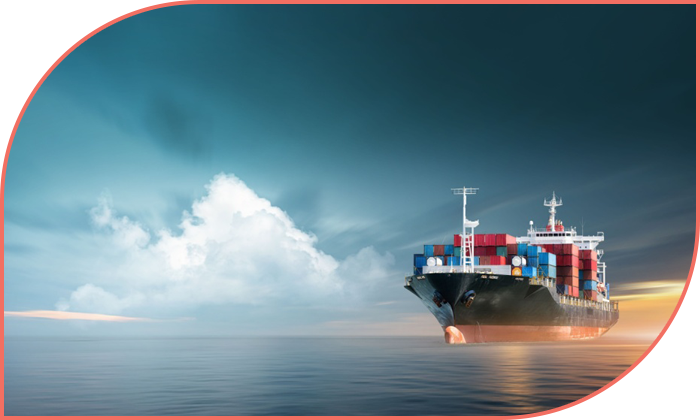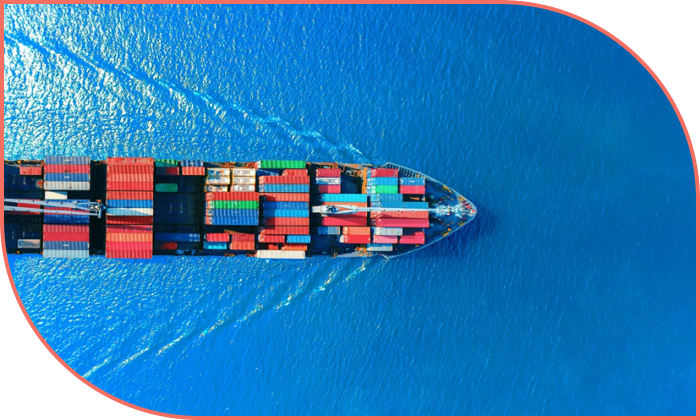Port of Xiamen
Importing from Xiamen to the UK
Xiamen Port is divided into six districts: Xiang'an, Siming, Haicang, Huli, Tong'an and Jimei. The port serves several significant factory districts, primarily focusing on industrial sectors.
Haicang District is a key industrial hub that hosts enterprises involved in sectors like port logistics, automobile sales, construction, and financial services.
The Tong’an District, known for its robust stone processing industry, contributes significantly to Xiamen's stone trade. The district is home to a large number of stone processing factories, making it a major player in both the Chinese and global stone markets.
Jimei is another emerging industrial district that focuses on electronic information, equipment production, and logistics. Its proximity to major transport hubs like the Xiamen North Railway Station enhances its connectivity and industrial output.
What are FOB and EXW terms?
FOB (Free on Board):
When products are sold FOB, the seller is responsible for all expenses and liabilities up until the point at which they are put onto a ship and transported to the nearest port.
Ownership of the item passes to the customer after it is loaded, and they are responsible for paying all import-related costs, including shipping from the point of origin to the destination and customs clearance fees.
EXW (Ex Works)
Under the EXW incoterm, the seller's only responsibility is to deliver the items to the specified location, which can be a factory or warehouse.
In this case, the buyer takes on most of the seller's responsibilities and handles all export and import processes, such as insurance, loading the cargo, obtaining customs clearance, and transportation.

Compare Ocean Freight Shipping Rates in Seconds
Get instant quotes from leading ocean freight providers. Find the best rates for your shipping needs in one place.
Sea Freight service options from Xiamen to the UK
Less-than-Container Load (LCL):
Lower volume importers can choose this option, sharing container capacity with other shippers because their goods don't fill the entire container.
Full Container Load (FCL):
To guarantee that the container would be utilised only for their goods, importers can reserve an entire container.
Do you need an export licence?

The Ministry of Commerce (MoC) categorises products into three groups: goods that are permitted, goods that are restricted, and goods that are prohibited.
Information on the buyer(s), seller(s), shipment, cost, and mode of transportation is provided by the MoC's export permits.
These permissions are necessary for the export of prohibited products. Chinese Foreign Trade Companies (FTC) that export to UK branches must also obtain permission. Conversely, trade with foreign vendors in foreign nations (FOBs) does not require a permit.
Customs required import documents
Shippers need to ensure that the necessary documentation is in place for UK customs to guarantee the clearance of imported goods. This paperwork could include a bill of lading (BL), packing list, EORI number, commercial invoice, and import licence (if applicable).
Get The Best Sea Freight Rates Today
Easily compare rates from top ocean freight carriers. Save time and money on your next shipment.